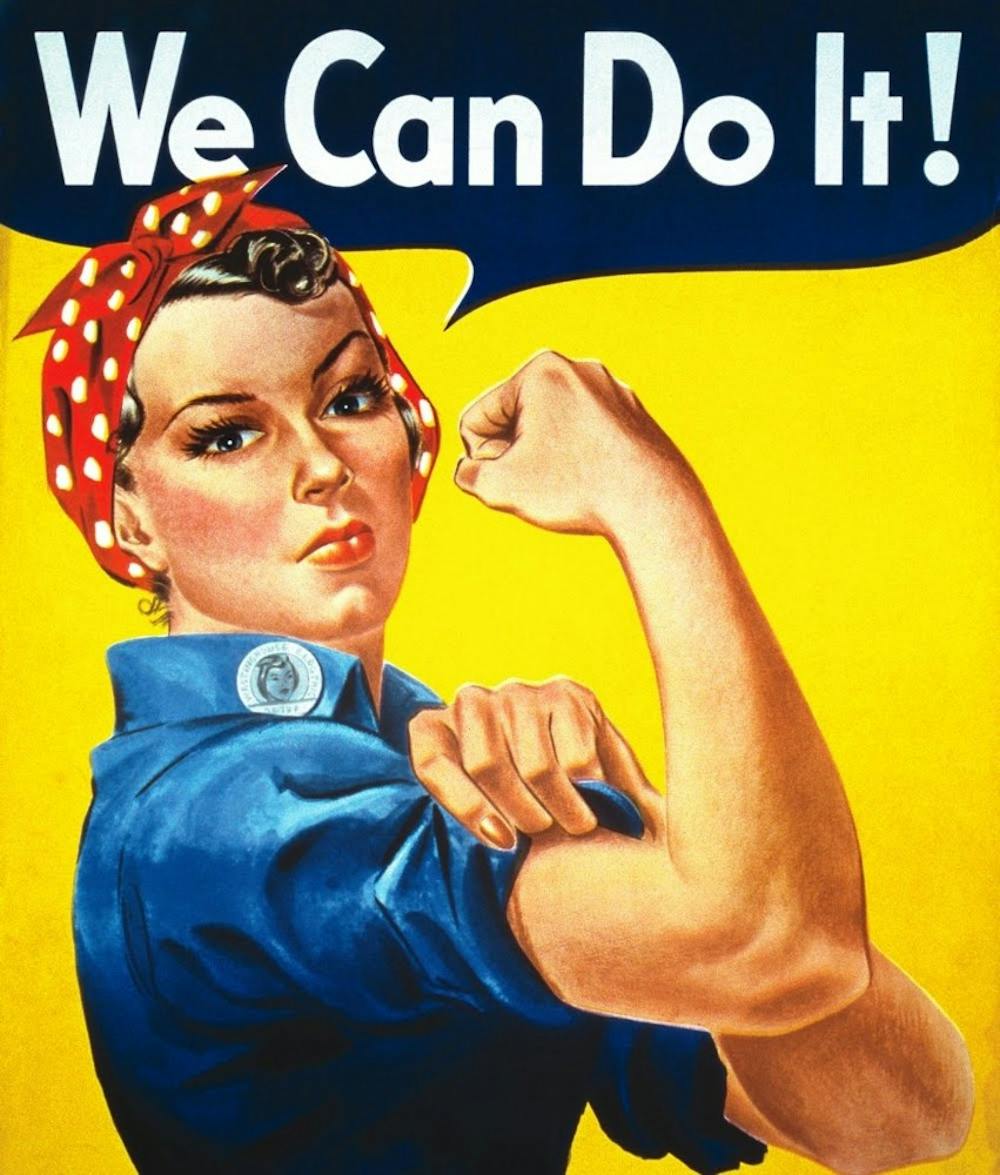What do sales, chic-flicks, and August 26th all have in common? Other than the overwhelming ability to draw female forces together in an environment of camaraderie and girl-power, not very much. Yet, the significance of August 26th to bring together and empower many women in fashion and well-themed films should not be lost upon us. Yes, that simple date does much more than hold a place on your calendar, it started a movement and continues one now, in 2014.
Tuesday, August 26, marked the 94th anniversary of the women’s suffrage movement in the United States and was consequently Women’s Equality Day. Feminist politicians, speakers, and activists from around the nation gathered to speak on the state of women’s affairs in our country, how they have improved, and how much more improvement is needed. The event comes in the midst of an era in which women have never had more rights and where those rights have never been more in danger. In the wake of court decisions such as the Hobby Lobby case. The case, in which all female justices dissented against the majority ruling, decided that for-profit companies do hold the right to withhold certain medical care from its employees due to religious affiliation. The immediate matter at hand was birth control and, in an age where many women use birth control for numerous medical and personal reasons, the outcome was outrage. No woman can imagine, in this day and age, being subject to child rearing, harsh periods, insatiable acne, or uncontrollable hormones due to the religious opinion of her boss, whom she may have never met.
Not only may women’s health be in danger, but jobs and careers are at stake as well. Although maternity leave is guaranteed to expecting mothers by the Family and Medical Leave Act of 1993, many employers have been known to falsely deny their female employers this leave, reasoning that they haven’t been employed long enough to qualify. There are horror stories all around of women working throughout their entire pregnancy and even having to come back a week after their child’s birth. Women still, indeed, have what some see as a glass ceiling hanging dauntingly over their heads. Even though advancements have been made and the pay gap is slowly closing, women still make seventy-seven cents to every dollar that men make in this country.
Take a second to imagine the life of a woman who has worked throughout her entire pregnancy that was due to her employer-provided insurance’s lack of birth control funding. She must now go back to work almost immediately after giving birth, where she will come in early and leave late without receiving a proper promotion for years, maybe ever. Though this may be a worst-case example, it is a fear that most women face in their daily lives. I know I’ve thought about it a time or two and have even seen some of these things happen in a milder form to women around me.
None of these facts or cases are well hidden, and there are many more to be discovered in the media, especially when one looks outside of our country. For example, there was young Malala Yousafzai shot by the Taliban in Pakistan for trying to attend school. She speaks up now for herself and young girls like her who will likely become child-brides and receive no education. Her book is a best selling novel and the message is pressing. Women’s rights are crucial everywhere but especially here, in the U.S. where young women like Malala have come to seek refuge. But if these messages are so abundant and so clear, so well selling, then why has the feminist and the activist become so stigmatized? So many famous and well-respected women and celebrities reject the feminist label. Taylor Swift, Shailene Woodley, Kelly Clarkson, and Lady Gaga have all spoken out on their twitter accounts or in the media about how they are not feminist or cannot associate themselves with the word. The Huffington Post quoted Kelly Clarkson’s statement that the word feminist is too “strong.” But I wonder, why is it so wrong to be strong, when we may use that strength to solve these overwhelming issues?



